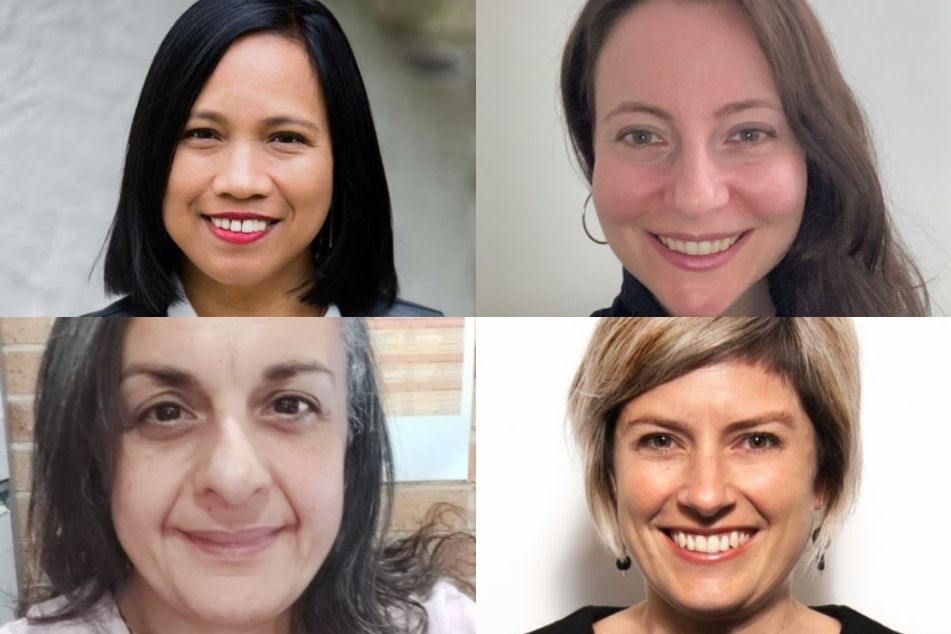The past few months have been brutal for many. The financial pressures placed on charities and not for profits during the COVID-19 pandemic have a significant impact on the mental health of staff and volunteers. NFP leaders from Humanity Matters, Women of Colour Australia, Good Things Foundation Australia, and HerSpace share their commentaries about workplace mental health.
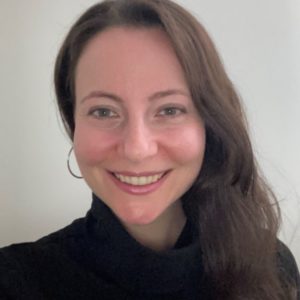
“I prioritise things that have a positive impact on my well-being. For me, that’s good sleep, a morning reflection, eating well, a daily walk and arranging a call with a friend or family member each day. Setting small goals that align with my interests is key to sticking to a routine. For example, I’m more likely to take a walk outside than keep up with a gruelling 60-minute exercise regime. My love for nature helps me clear my mind and shift perspective. Some days don’t go as planned – that’s totally fine. They are goals, not chores to tick off a list or feel bad if I don’t get them ‘right’. They are meant to serve my well-being. It’s equally important to check in on the well-being of others, including my team at HerSpace. We have online team sessions and one-on-one meetings to increase a sense of community. We often open meetings with a well-being exercise such as meditating on things we are grateful for. Each member then shares how they are going with life. Hearing others share similar thoughts and feelings is comforting. We are not alone in our experiences, and it’s OK to feel or think that way.”
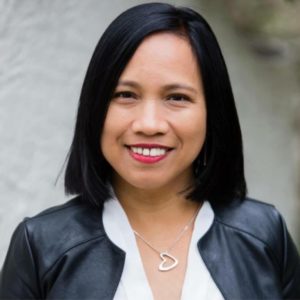
“Studies have shown that women of colour are disproportionately affected by mental health disorders due to the inextricable link of racial and gender discrimination across every facet of society.”
“The past 18 months have been very trying on everyone with the outbreak of COVID-19. Moreover the brutal murder of George Floyd in May 2020 has resulted in an outrage and outcry in Black communities, and since then there has been a significant shift in racial conversations, from Black Lives Matter to Stop Asian Hate and most importantly Aboriginal Lives Matter. While shedding light on such systemic issues is the path to progress, it can also be very triggering for minoritised and racialised communities to re-live past traumas of racism, discrimination and abuse.”
“Taking the time to check in with myself in a mindful and intentional manner is essential to managing my mental health. Before checking in on my team, I make sure I am really okay first. I can only be present for my team and the WoC communities if I am okay. It’s so easy to sweep mental health struggles under the rug and just keep going. But I choose to pause, listen to my body, acknowledge and validate my feelings and take the time out, away from the noise if needed. By leading by example, I open up the lines of communication with my team and hopefully help normalise the conversation about mental health”.
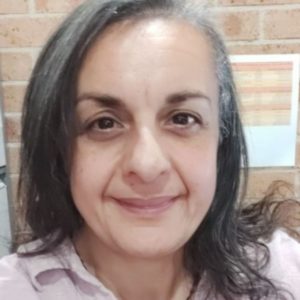
“The past few months have been difficult for many, especially for marginalised communities who have been hit hardest by the pandemic and the subsequent lockdown measures. At this time, the upheaval, isolation and stress young people are experiencing are proving to be of detriment to their mental health and well being. We’ve seen spikes in mental health issues among young children even as young as 5 across different states, with a recent report revealing a 68% increase in demand in NSW from June to July.”
“With no youth services out there to support vulnerable young people due to current restrictions, it is important that we step up as a community to check-in on others no matter how young or old. Even if this means finding creative ways to reach out, whether it be by hosting an online event to connect or picking up the phone more often than usual, it’s about making sure they know you’re there. In doing so, we open up the lines of communication and make sure those around us feel seen, heard and importantly, validated.”
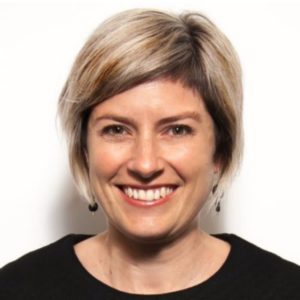
“To be honest I think this time is so much harder than last year’s lockdowns. Last year, there was a lot of energy going into our initial emergency response. It felt like a long sprint, but one that we had the energy for – our focus on the essential need for everyone in Australia to be digitally included – especially right now – kept us going as a team. This lockdown feels more like a marathon, one we started without the rest and energy we needed to get to the end.
“Last year, we introduced regular check-in surveys, wellbeing hours and wellbeing goals as part of our review processes, but with the reserves of energy across the community now so low, I have new focus areas. The first is maintaining my own mental health by connecting with nature every day no matter the weather helps me to be a better leader when I step back to work. In terms of managing my team, I’m committed to leading with kindness and understanding that wellbeing is not static, and as a leader, I try to share when I’m not doing great, so people know it’s ok to have a down day and do what they need to do to look after themselves. I also find focusing on impact is critical now more than ever. As a social impact organisation, the work we do makes a real difference in ensuring people in the community are able to stay connected to the people they love. Sharing the small stories of thanks, appreciation and hope that come from our work helps to maintain our energy and positivity as a team.”
Related article: Opinion: Women’s Economic Opportunities Review needs to address intersectionality and barriers to entrepreneurship


